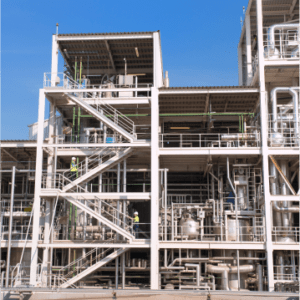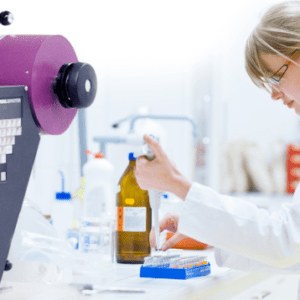SUSTAINABILITY
WE AIM TO ANALYSE THE ENVIRONMENTAL IMPACT OF OUR BUSINESS INSIDE AND OUTSIDE OF OUR PREMISES
We envisage our customer’s progress with our products as a necessary part of their sustainable and competitive success. It’s our job to create influence in the sectors we are present,
stimulated by sustainable business and solid SAMCA investment, delivering the expertise and reliability in product performance which strengthen our customer’s belief in NUREL.
- Environmental sustainability: At all stages of our product life cycle we strive to use resources efficiently, favor the use of sustainably-managed resources and target zero waste.
- Innovation:We constantly encourage R&D activities by a continuous reinvestment of the generated revenue and by collaborating with Universities and Research Centers. Excellence Is about doing the best we can and seeking excellence in all stages of our production cycle.
- Excellence:We strive for excellence at all stages of our production cycle.
- People Treating:each other with respect and dignity, providing equal opportunities for our people and protecting their safety, are the fundamentals of our success.
- Long term relationships based on trust:We are increasingly convinced that open communication environments will promote innovation, creativity and mutual benefit.
In NUREL we are committed to management and we integrate the quality, environment and energy efficiency management systems according to our Integrated Management System Policy.
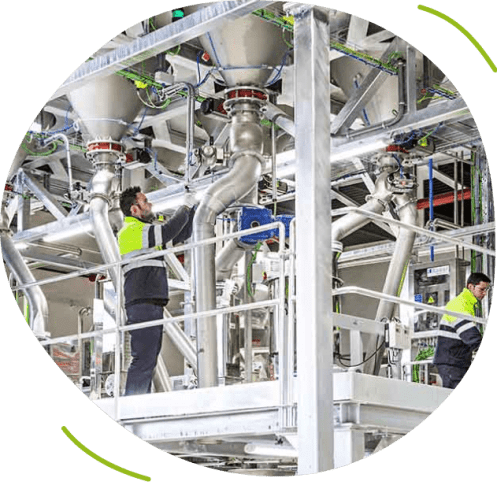
10 CHALLENGES
Sustainability means our compromise to achieve economical success by protecting our people and environment, by supporting our employees, taking care of our customers and community and by encouraging innovation among our stakeholders.
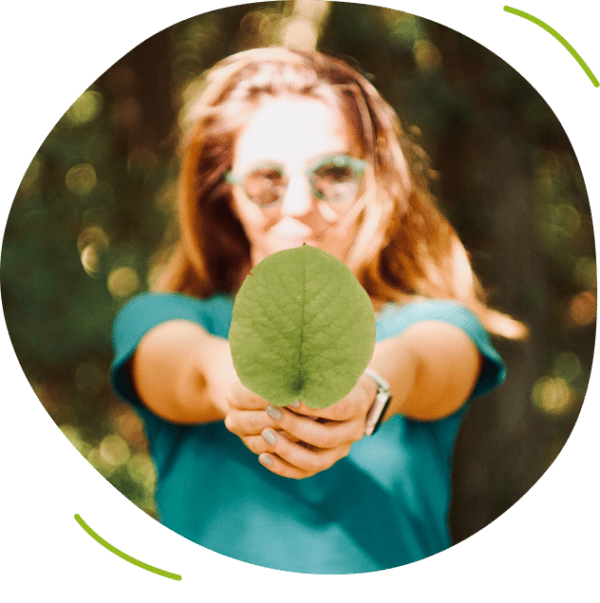

PEOPLE
We prioritize the wellbeing, health and safety of our people in all our processes and we aim to support the economical development of our community.
PEOPLE
We prioritize the wellbeing, health and safety of our people in all our processes and we aim to support the economical development of our community.

ENVIRONMENT
Our environmental principles, procedures and guidelines are defined in our Health, Security and Environmental protection policy. These are key priorities for NUREL, and always remain above any other target.
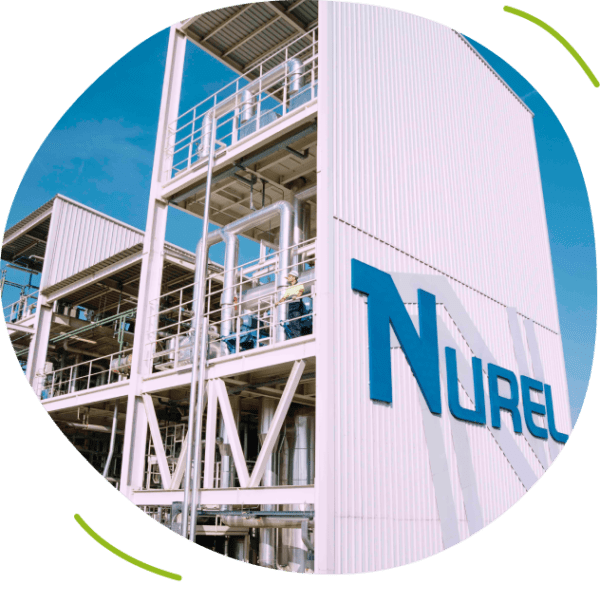
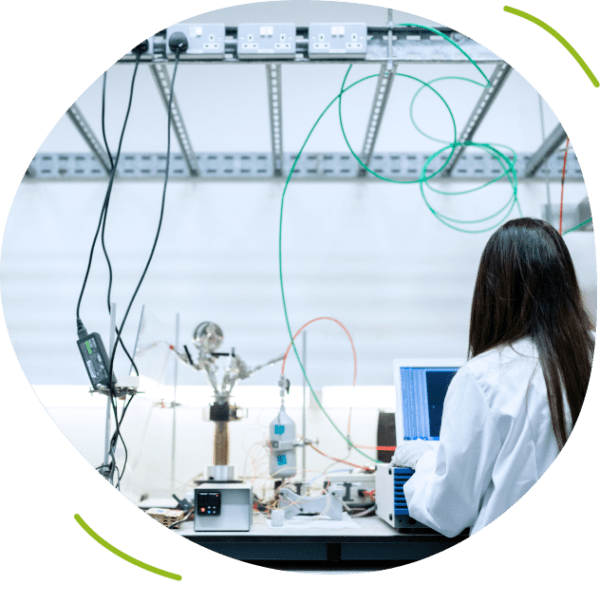
R&D
Product research is based on consumer trends such us wellbeing, comfort and the development of more sustainable products and cost saving products.
We aim to support innovation through all our stakeholders by collaborating with technical research centers, universities and supporting internships at our premises.
R&D
We aim to support innovation through all our stakeholders by collaborating with technical research centers, universities and supporting internships at our premises.

Want to stay updated on the latest on NUREL?
Subscribe to the Newsletter



